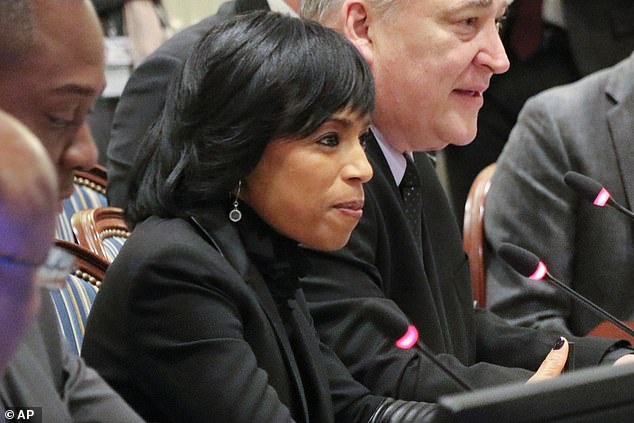Table of Contents
Voters in three states head to the polls Tuesday to cast their ballots in primary elections that could help decide the Senate majority in November.
Democrats in the Senate currently hold a narrow majority of 51 seats, but face a hostile map this election season.
The states that hold primaries on Tuesday (Maryland, West Virginia and Nebraska) are typically considered safe red or blue states, but depending on who runs could bring about some changes this fall.
Republicans are trying to win back the chamber after losing their chance in the 2022 midterms.
Competitive Maryland Primary
Maryland voters head to the polls Tuesday to cast their ballots in the state’s Senate primary, where the Democratic race for the nomination is extremely competitive and Republicans could force a competitive race in the usually blue state in November.
It is an open race to fill the seat vacated by outgoing Democratic Sen. Ben Cardin. The 80-year-old announced a year ago that he would not seek another term.
Angela Alsobrooks and Congressman David Trone appear to be very evenly matched in the Democratic primary.
The latest poll by Emerson College shows Alsobrooks at 42 percent among Democratic primary voters, while Trone is at 41 percent. Several other recent polls had Trone ahead in the close race.
Alsobrooks has served as executive of Prince George’s County outside Washington, D.C., since 2018.
He has the backing of Maryland Democratic heavyweights, including Governor Wes Moore, Senator Chris Van Hollen and Congressman Jamie Raskin.
If she wins the primary and is elected in November, she would be the first Black woman elected to the Senate from the state and the only Black woman in the Senate nationally.
Prince George’s County Executive Angela Alsobrooks is supported by Maryland Governor Wes Moore, Senator Chris Van Hollen and Representative Jamie Raskin.
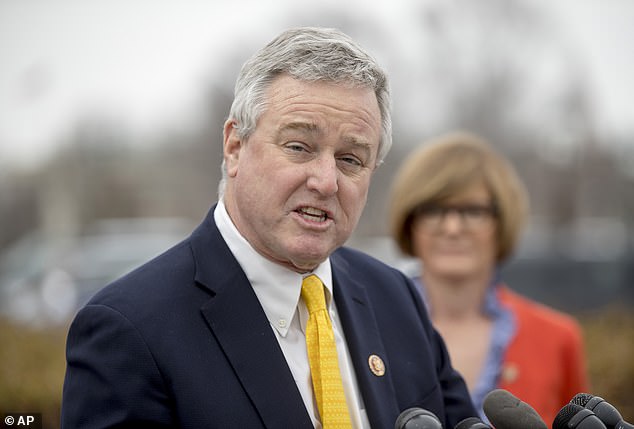
Rep. David Trone has served as a congressman since 2019 and has invested more than $50 million of his own money in the race.
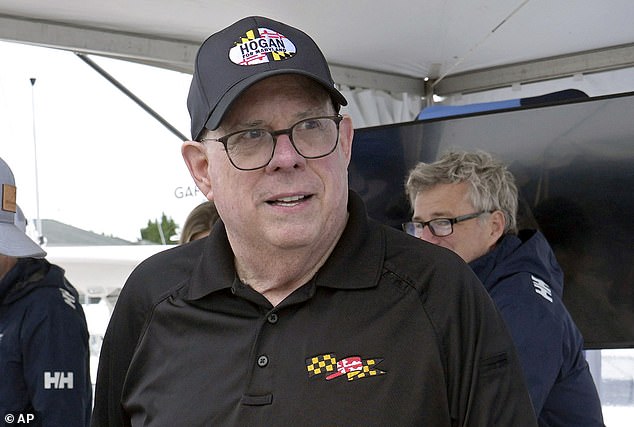
Former Gov. Larry Hogan served as the state’s chief executive and led it through the coronavirus pandemic.
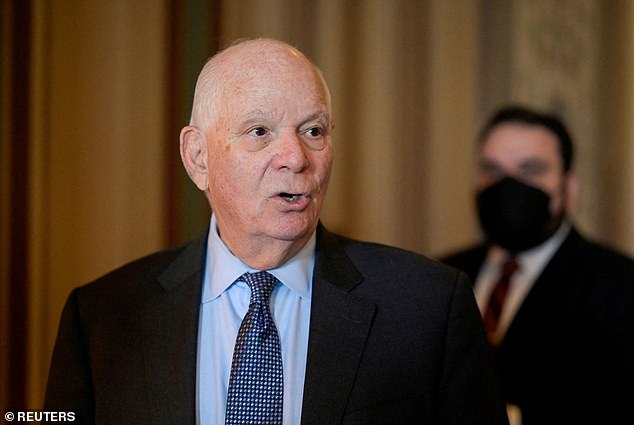
Senator Ben Cardin announced that he would retire at the end of his last term. He has served in the Senate since 2007.
Trone has been a congressman representing Maryland’s 6th Congressional District since 2019, which includes some suburbs of Washington, DC.
While Alsobrooks has the backing of the state’s top Democrats, Trone, a businessman, has a huge monetary advantage.
Trone has invested more than $54 million of his own money in his campaign as of April 24, according to federal election filings.
Whoever wins the Democratic primary will face the likely Republican Senate candidate, Larry Hogan.
Hogan, who has been a critic of Donald Trump, was Republican governor in the blue state from 2015 to 2023 and left office with high ratings from both Democrats and Republicans.
The latest general election poll from Emerson College shows Alsobrooks and Trone leading him in the race, but other polls have shown Hogan leading by as much as double digits, indicating that his entry into the Senate race has made him much more competitive this fall.
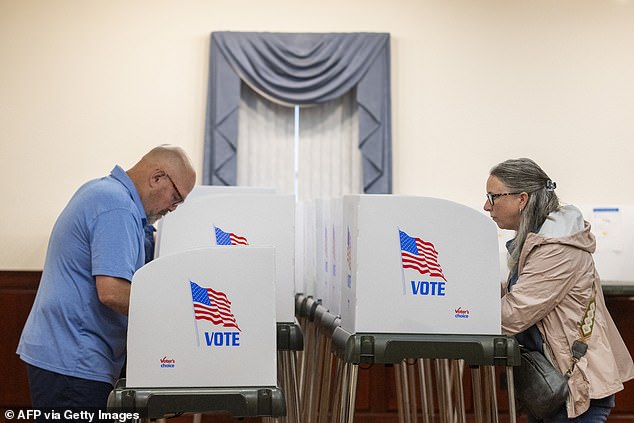
Voters cast their ballots in the Maryland primary election in Chester, MD, on May 14.
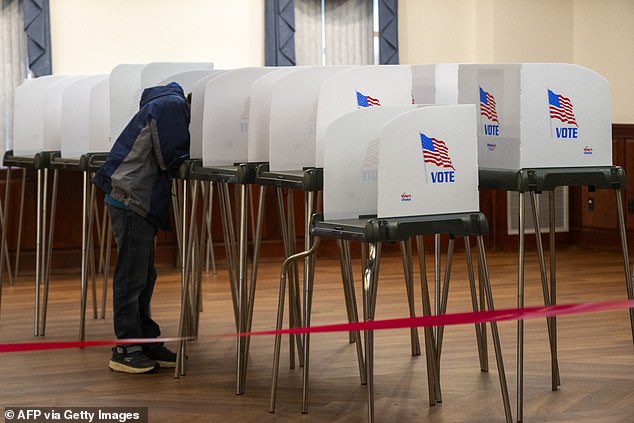
A voter casts a ballot on May 14, 2024 in the Maryland primary.
Nearly $60 million has been spent on the Maryland Senate primary alone, making it one of the most expensive. The vast majority of that spending has been by Trone, who has lost more than $45 million in advertising in the race.
Polls close at 8 pm ET.
Joe Manchin’s departure from the Senate paves the way for a West Virginia Republican
West Virginia has become a deep red state and Democratic Senator Joe Manchin is the last Democrat in state office. But Manchin is not running for re-election.
His retirement from the Senate means Republicans are more than likely to win the open seat in November. Cook Political Report rates him as solidly Republican.
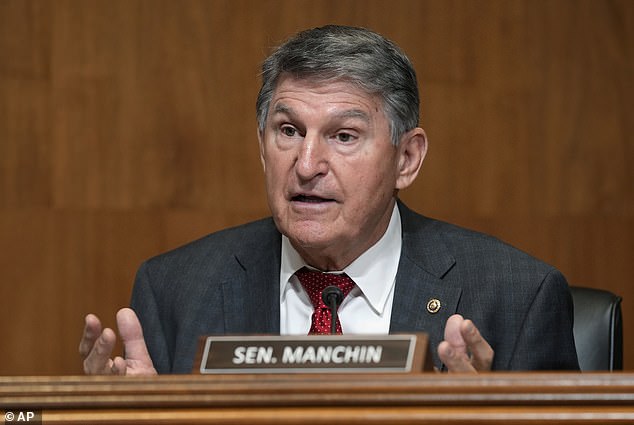
Democratic Sen. Joe Manchin of West Virginia announced in November that he would not seek re-election, paving the way for Republicans to flip the seat.
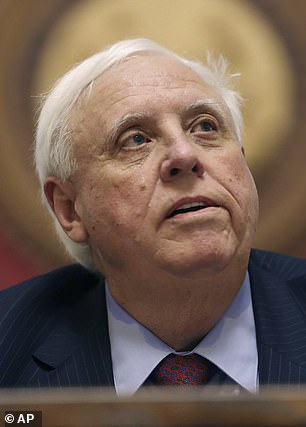
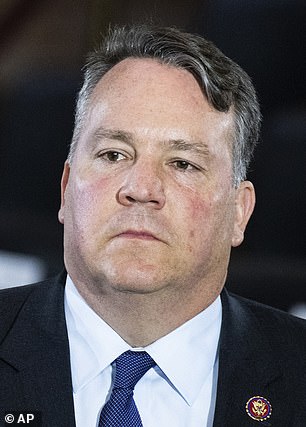
West Virginia Republican Gov. Jim Justice leads by double digits in the state Senate Republican primary.
Former Democrat-turned-Republican Gov. Jim Justice is the front-runner in the West Virginia Republican Senate race.
Justice is one of the richest people in the state and has name recognition having served as governor since 2017.
Justice’s closest opponent in the Republican primary is Congressman Alex Mooney.
Mooney has served in Congress since 2015. He’s been getting a boost from the super-conservative PAC Club for Growth Action, but Justice has been leading in the polls by double digits.
Democrats running in the primary include former coal executive Don Blankenship, who served time in prison for violating mining safety rules, Wheeling Mayor Glenn Elliot and Navy veteran and community activist Zachary Shrewsbury.
Polls in the state close at 7:30 pm ET.
Nebraska holds two Senate primaries
In Nebraska, voters are voting in two Senate races thanks to former Republican Sen. Ben Sasse’s retirement in 2022.
In one race, Republican Sen. Deb Fischer is running for re-election and seeking her third term. Arron Kowalski is challenging her in the Republican Party primary.
While the race is not considered competitive, Fischer does not have the endorsement of the state Republican Party.
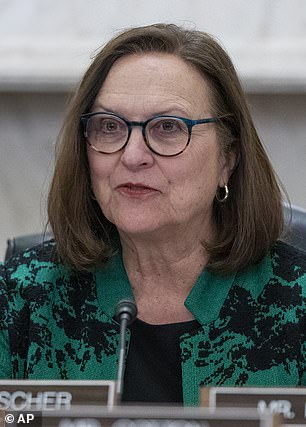
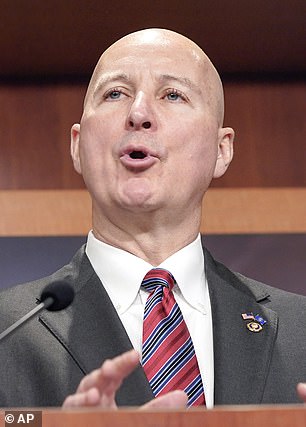
Nebraska voters are voting in two Senate races. Senator Fischer is up for re-election and Senator Pete Ricketts faces a special election having been appointed to fill the seat vacated by former Senator Ben Sasse.
Meanwhile, Republican Sen. Pete Ricketts, who was appointed to the position when Sasse retired, is running in the special election to serve two more years.
Ricketts is leading a race against Republican rivals John Glen Weaver and Mac Stevens, but also received no endorsement from the state party.

